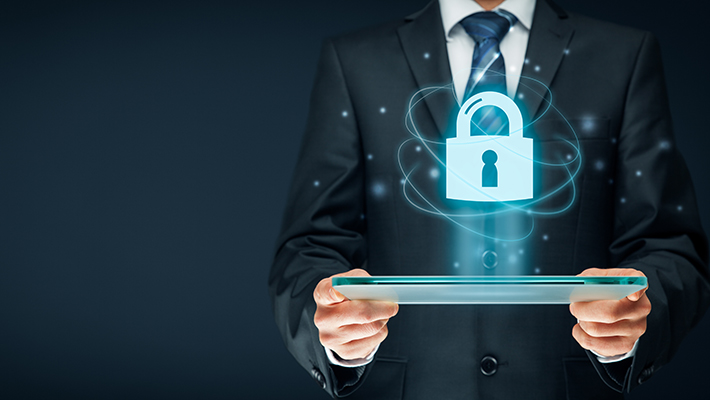What can you do to protect your personal information?
Following the OPTUS and Medibank Private data breaches, fishing emails, text messages and telephone scams will be on the rise. Here are a few things you can do to protect yourself:
- If you receive an email or text message asking you to update your personal or payment details, do not respond and do not click on any links or attachments within the email or text message.
Instead, telephone the service provider by either Googling the phone number yourself or using an old paper document that you have and have used in the past. Do not use the telephone number provided in the email or text message.
- If someone calls you purporting to be from a service provider you use, confirm their name and where they are calling from. Then, hang up. Do not provide any of your personal information. Callers from a legitimate service provider will identify where they are calling from without you having to confirm your personal information.
Instead, call the service provider by either Googling the phone number yourself or using an old paper document that you have and have used in the past.
- Keep an eye on all your bank statements, PayPal statements and by now pay later accounts such as AfterPay, Zip Pay and Zip Money. Immediately report any unauthorised activity.
Don’t be afraid to pause or cancel your EFTPOS cards. Depending on which bank you bank with, you can continue to withdraw cash in branch with your physical identification documents.
- Use strong security and spyware software on your personal computer and home Wi-Fi networks.
We do most of our personal banking and “life admin” at home. It’s important to make sure your computer or Wi-Fi network can’t be hacked and cybercriminals can’t watch your key strokes.
- Use different and strong passwords for everything.
There are free password generators available to assist you to create strong passwords. If you have a relatively new computer or are running one of latest versions of Windows, it will automatically generate strong passwords for you.
It is hard to remember all the different passwords for every website you have ever logged into. But, protecting your personal information is more important than your convenience. To make things easier, make sure you set up your recovery email address for forgotten passwords and, make sure that email account has a strong and different password.
- Put a free temporary hold on your credit file so that no one can apply for credit in your name. If you need credit during the ban period, you can unfreeze your credit for a short period while you apply for finance and then replace the ban when you are finished.
IDCARE have prepared a fact sheet on credit bans which can be found here: https://www.idcare.org/fact-sheets/credit-bans-australia
The Australian Government’s MoneySmart website also provides some helpful tips to protect yourself online.
The takeaway message is to initiate all communication with service providers yourself. Do not be lured in to providing your personal information to anyone that has contacted you. Service providers maintain detailed records so you can contact them at any time and provide the information they need from you.
If you are concerned your identity has been stolen, please contact Agar Legal immediately so that we can assist in preventing ongoing theft.
Stay safe.


